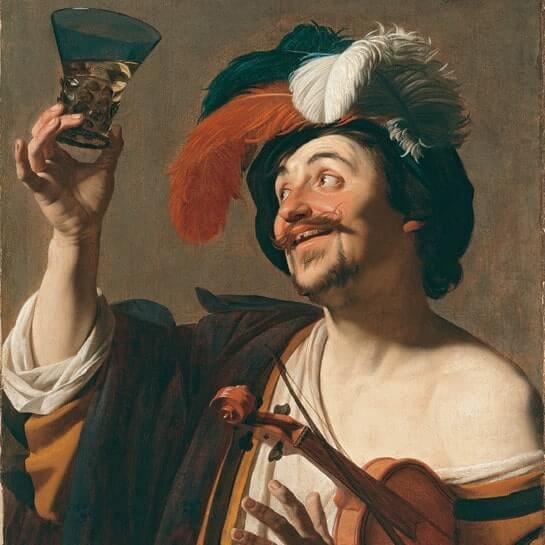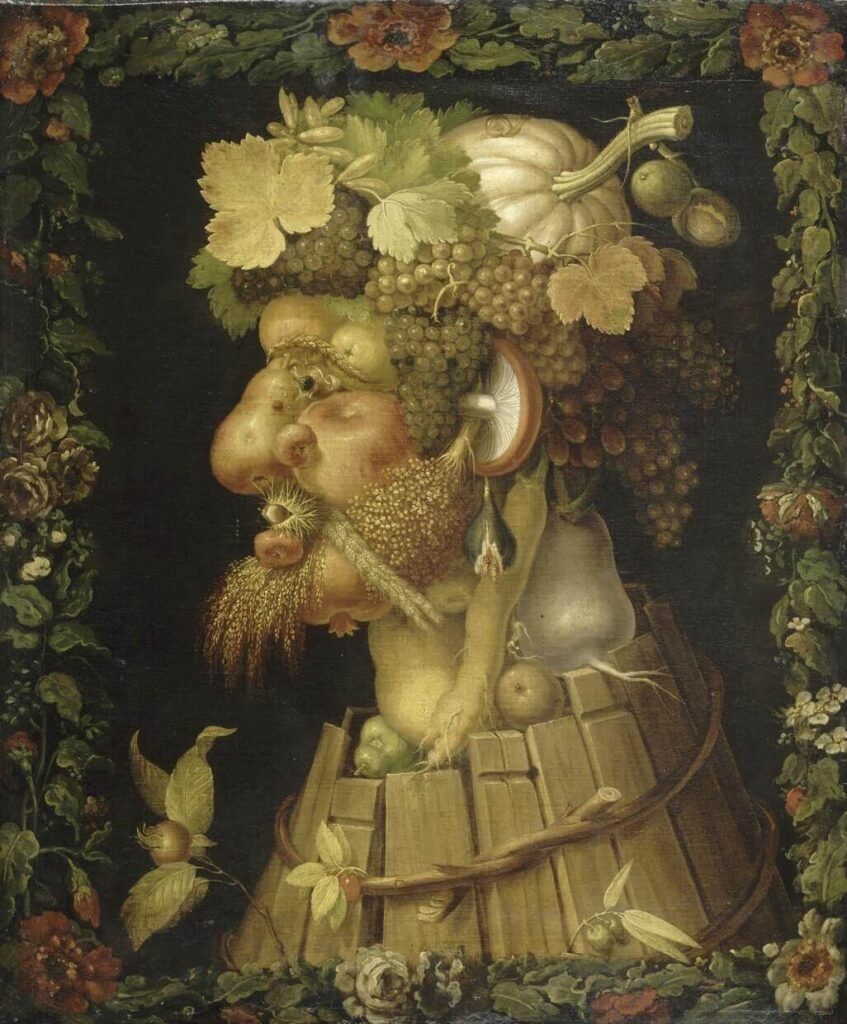How Wine's Fascinating History Shaped Our World.

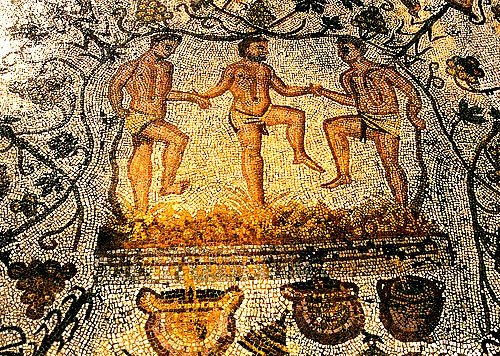

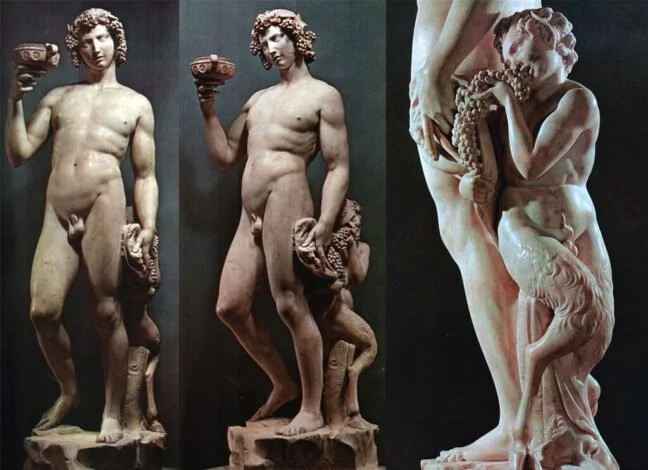
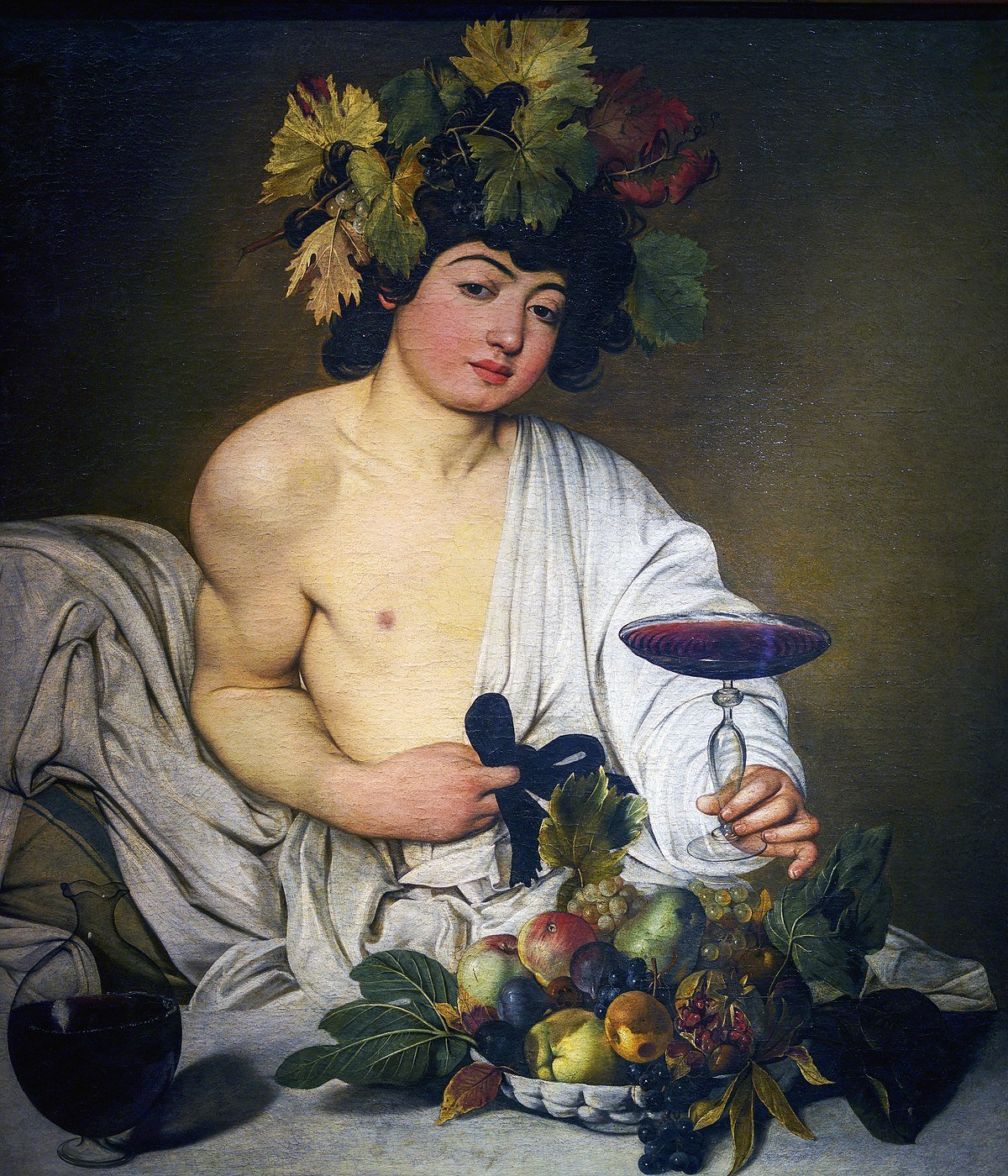
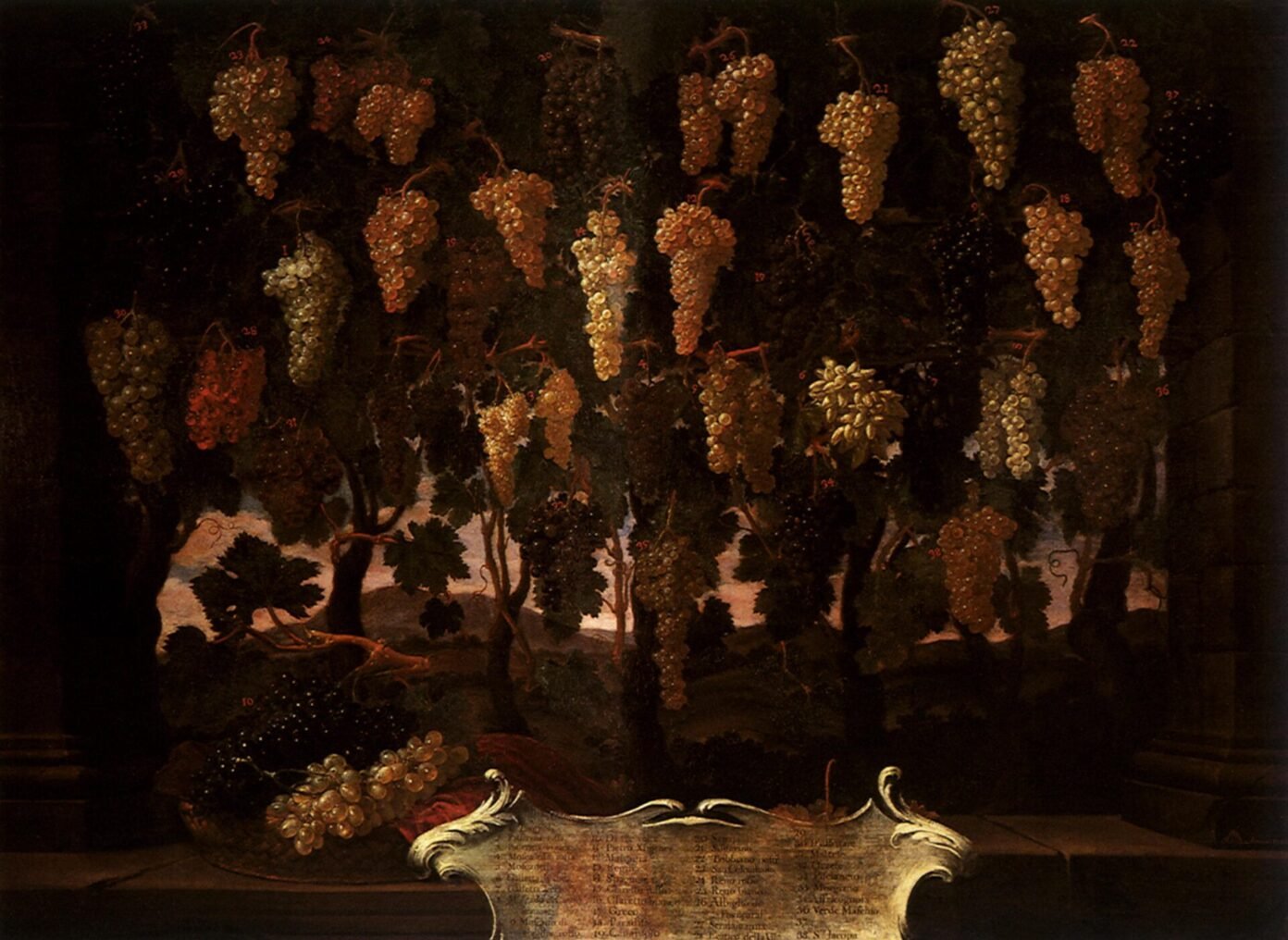
INTRODUCTION
Wine, often hailed as the nectar of the gods, boasts a history as intricate and captivating as the diverse array of flavours it offers. From ancient rituals to the modern wine connoisseur, wine's journey through time is a tale worth savouring. Join us as we uncork the bottle of history and take a sip from the past.
ANCIENT BEGINNINGS
The story of wine commences in the cradle of civilisation—ancient Mesopotamia, around 6000 BCE. The Mesopotamians, Sumerians, and Elamites were among the pioneering cultivators of grapes and fermenters of their juices. Wine was initially reserved for religious ceremonies, revered as a divine gift.
EGYPT AND THE PHARAOHS
As trade routes expanded, wine flowed through the Mediterranean. In ancient Egypt, wine was woven into the fabric of daily life, with hieroglyphs depicting winemaking scenes. Pharaohs often embarked on the journey to the afterlife with ample supplies of wine.
THE GREEKS AND DIONYSUS
The Greeks elevated wine to an art form, deeming it a divine creation gifted by Dionysus, the god of wine. "Symposia," or drinking parties, became a cultural cornerstone. It was the Greeks who introduced the first wine classifications, sparking discussions on the unique qualities of different wines.
THE ROMANS AND VITICULTURE
The Romans emerged as master vintners, expanding grape cultivation throughout their vast empire. They refined winemaking techniques, introduced the use of wooden barrels for aging, and laid the foundation for early wine appellations to protect specific regions. Their viticultural legacy continues to influence modern winemaking practices.
THE MONASTERIES AND THE MIDDLE AGES
Throughout the Middle Ages, wine production predominantly occurred within the walls of monasteries. Monks became stewards of the winemaking art, preserving knowledge and tending to vineyards and cellars. They also pioneered the concept of "terroir," recognising the influence of land and climate on wine character.
AGE OF EXPLORATION AND THE NEW WORLD
The Age of Exploration marked the global spread of wine. European settlers transported grapevines to the New World, resulting in the emergence of wine regions like California, Argentina, and Chile. This era brought forth the rapid evolution of the wine industry, with the creation of unique styles and varietals.
MODERN WINE CULTURE
Today, wine culture thrives, blending tradition with innovation. Old World and New World regions offer distinct flavours, while winemakers experiment with techniques, leading to a remarkable diversity of wines.
THE WINE REGIONS
Wine regions, from Bordeaux to Napa Valley, have achieved worldwide recognition. Each region is a unique blend of terroir, climate, and grape varietals. Exploring these regions is akin to traveling through history, as generations have passed down the art of winemaking.
WINE AND SOCIETY
Wine is deeply interwoven with cultural and social traditions, from toasting celebrations to romantic dinners. It symbolises sophistication, with sommeliers and wine enthusiasts dedicating their lives to mastering its intricacies.
THE FUTURE OF WINE
The wine story is far from over. As we enter the 21st century, sustainable and organic winemaking practices gain momentum. Climate change poses new challenges but also offers opportunities for innovative viticulture. The wine world evolves, yet its core remains rooted in history.
CONCLUSION
The history of wine is a tapestry of human civilisation, mirroring our cultural, social, and technological evolution. With each glass, we celebrate the past, savour the present, and anticipate the future of this exquisite elixir. Wine enriches our lives and connects us to our ancestors, and we raise a toast to its enduring legacy. Cheers to the timeless allure of wine!
